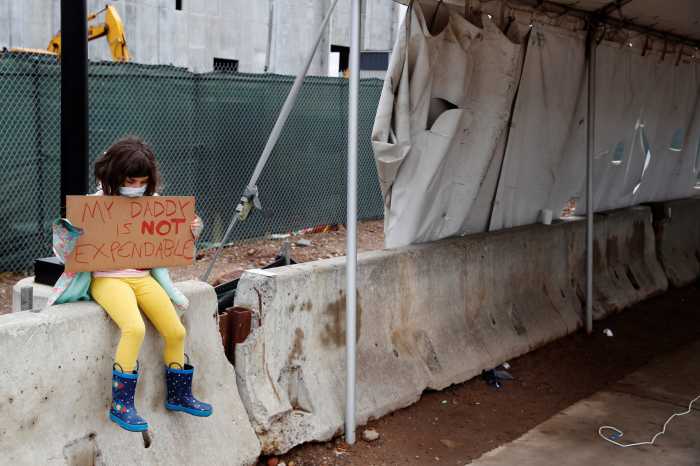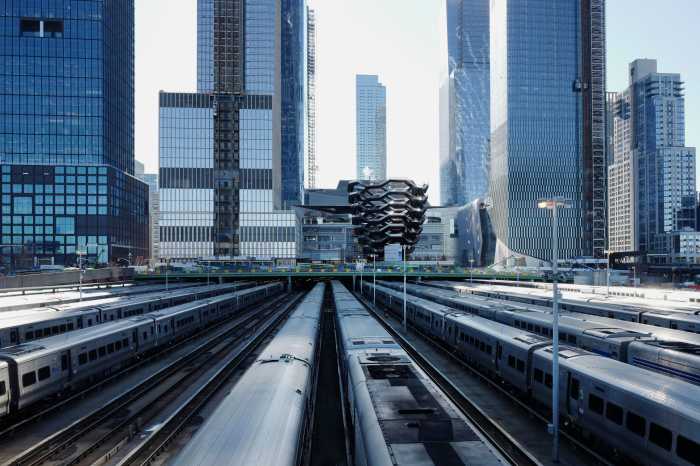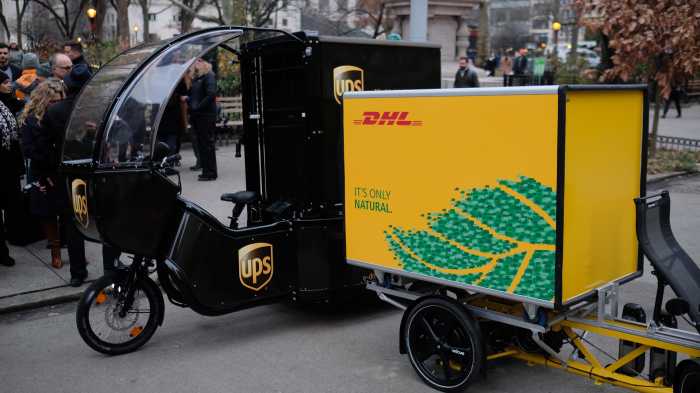The Department of Consumer and Worker Protections released a report on price gouging throughout the coronavirus pandemic on Monday stating that over 12,000 complaints had been made to the agency since March 5. The department underscored that price gouging had followed similar paths as COVID-19 infection and mortality rates in disproportionately affecting low-income Black, Brown and Hispanic neighborhoods. Add to this the fact that residents in these neighborhoods contain the largest percentages of low-income essential workers—with low-income defined as those living with a household income less than $30,000 per annum—and the report adds to the mounting evidence of racial disparities persisting throughout the pandemic in NYC across almost every metric.
Frontline residents of these neighborhoods were some of the most in need of the price-gouged products, such as hand sanitizer, masks and disinfectant wipes, when the virus infection rate was at its highest in the city, around March and April of this year. A vicious cycle of demand and price-gouged supply kicked off, increasing the difficult circumstances of some of the city’s most vulnerable residents.
Some of the most flagrant offenses mentioned in the report include the sale of 8 oz. bottlers of hand sanitizer for $27.99 per unit and N95 masks for $20.00 per mask. In terms of numbers, 34% of price gouging complaints received were from the Bronx, 27% from Brooklyn, 10% from Manhattan and 10% from Queens. Of the nine neighborhoods that constituted 20% of all price-gouging complaints, three were majority Black (Bedford Stuyvesant; Canarsie and Flatlands; East Flatbush, Farragut, and Rugby) and three were majority Hispanic (Belmont, Crotona Park East, and East Tremont; Hunts Point, Longwood, and Melrose; Bushwick).
City penalties for price gouging can total as much as $500 per item or service, and some repeat offenders are currently facing fines of up to $68,750. Furthermore, if a store has had to pay extra for an in-demand product, the price increase they pass on must be “comparable,” a prerequisite added to prevent runaway inflation.
In responding to exploitative retail practices, the DCWP is following guidelines based on a special ruling for city stores that was added to the City’s Consumer Protection Law and that renders price gouging illegal for personal or household goods or services that are needed to prevent or limit the spread of or treat COVID-19. As of mid-July this emergency measure was made permanent in NYC, where price gouging is now illegal for any products or services essential to health, safety and welfare during a declared state of emergency.
The DCWP has issued 15,200 violations to private businesses since March 5. To put this number into perspective, consumer giant Amazon has suspended the accounts of only 3,900 “bad actors” nationwide since the beginning of the pandemic. The anti-price gouging efforts of the DCWP highlight that combatting this predatory practice in vulnerable areas is a local effort. If you or someone you know has had an experience of price gouging since March 5, you are instructed to keep your receipts and information regarding the store and file a complaint at nyc.gov/dcwp or by contacting 311 and saying “overcharge.”





































